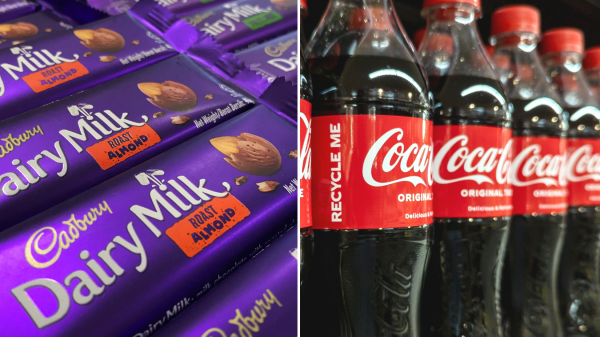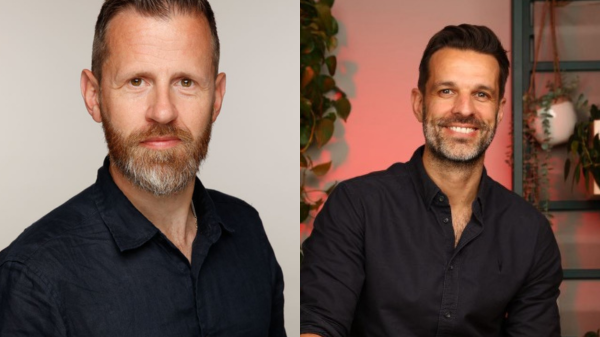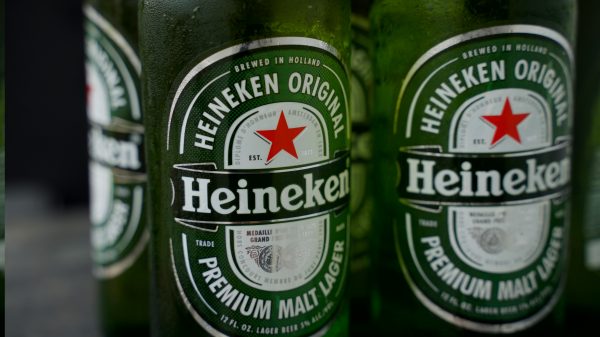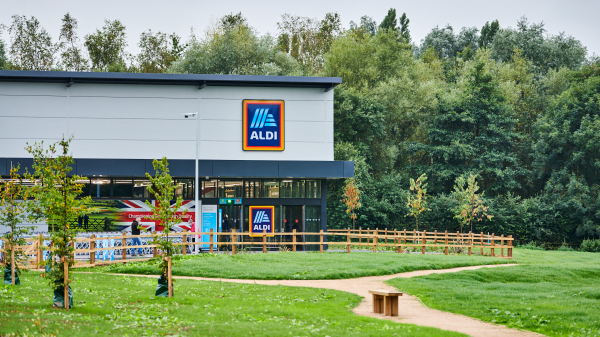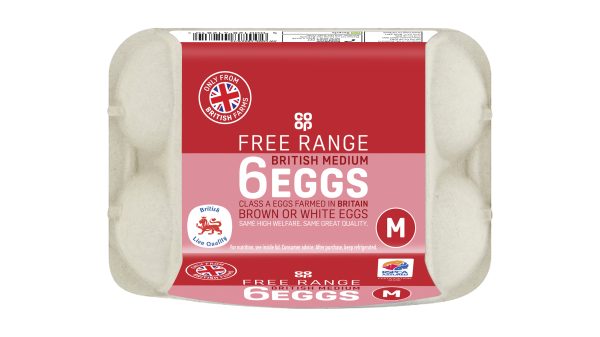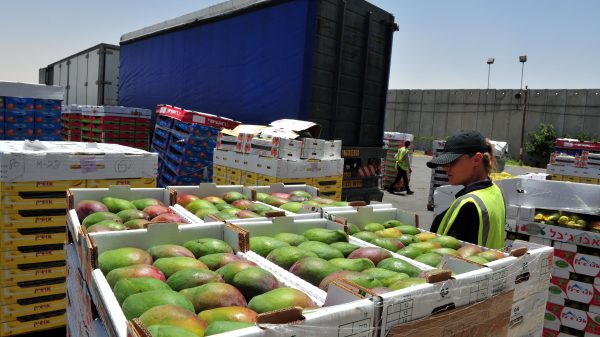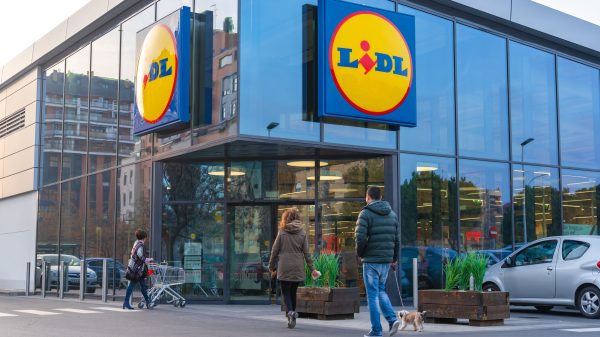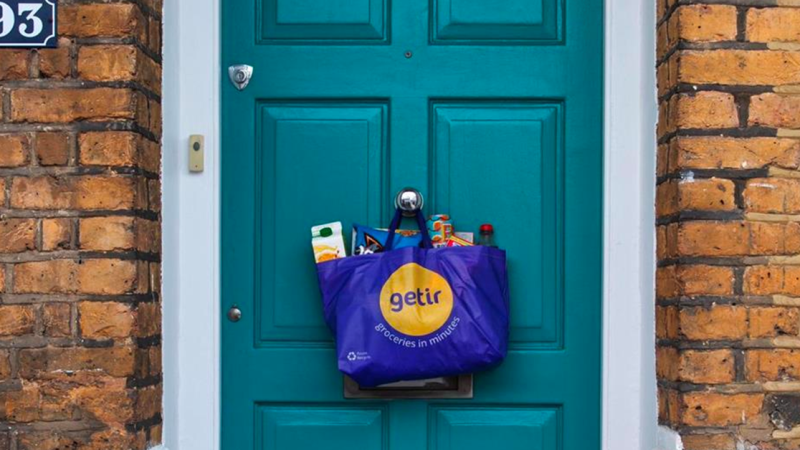Unilever has been named an ‘international sponsor’ of war by the Ukrainian government, as the business became subject to a new law in Russia obliging all large companies operating in the country to contribute directly to its war effort.
According to The Guardian, campaigners have been calling on the consumer goods company to withdraw from Russia, where its local business continues to sell “essential” products, after evidence emerged that it paid Moscow $331m in taxes last year.
The Moral Rating Agency (MRA) estimates the firm’s current support for the Russian treasury and economy to be even higher, at £580m per year, or £1.6m a day, equivalent to the cost of 46 bullets per second being fired for 24 hours a day, 365 days a year.

Alternatively, Unilever’s contributions could equate to a Wagner mercenary’s monthly salary every 7 minutes, a Kalibr missile every 12 hours, or a new Sukhoi Su-25 warplane every five and a half days.
Unilever was placed on the sponsors of war list on Monday alongside companies including Procter & Gamble (P&G).
The Ukraine Solidarity Project (USP) erected a billboard outside of the retailer’s London headquarters yesterday, featuring pictures of wounded Ukrainian soldiers, with the slogan: “Helping to fund Russia’s war in Ukraine”.
It is also thought that a new law in Russia could lead to the conscription of Unilever’s workforce in the country.
A spokesperson for USP, Valeriia Voshchevska, said: “Unilever is contributing hundreds of millions in tax revenues to a state which is killing civilians and funding a mercenary group about to be designated a terrorist organisation in the UK.
“It risks its staff and resources being mobilised into Putin’s machine. Some of the world’s biggest companies have already left Russia. It’s possible – after 16 months of war – that the time for excuses has passed.”
Subscribe to Grocery Gazette for free
Sign up here to get the latest grocery and food news each morning
Unilever responded by saying that it continues to supply its everyday food and hygiene products made in Russia to people in the country.
It said it understands “why there are calls for Unilever to leave Russia,” adding that “we also want to be clear that we are not trying to protect or manage our business in Russia. However, for companies like Unilever, which have a significant physical presence in the country, exiting is not straightforward.”
The company said that if it were to abandon its business and brands in Russia, “they would be appropriated – and then operated – by the Russian state”.
The firm had not been able to find a way to sell the business that “avoids the Russian state potentially gaining further benefit, and which safeguards our people”. Therefore, continuing to run the business with “strict constraints” seems to be the best option.
In April, Unilever’s quarterly sales growth beat estimations as it reported a 10.5% rise in underlying sales to £13.1 billion.

